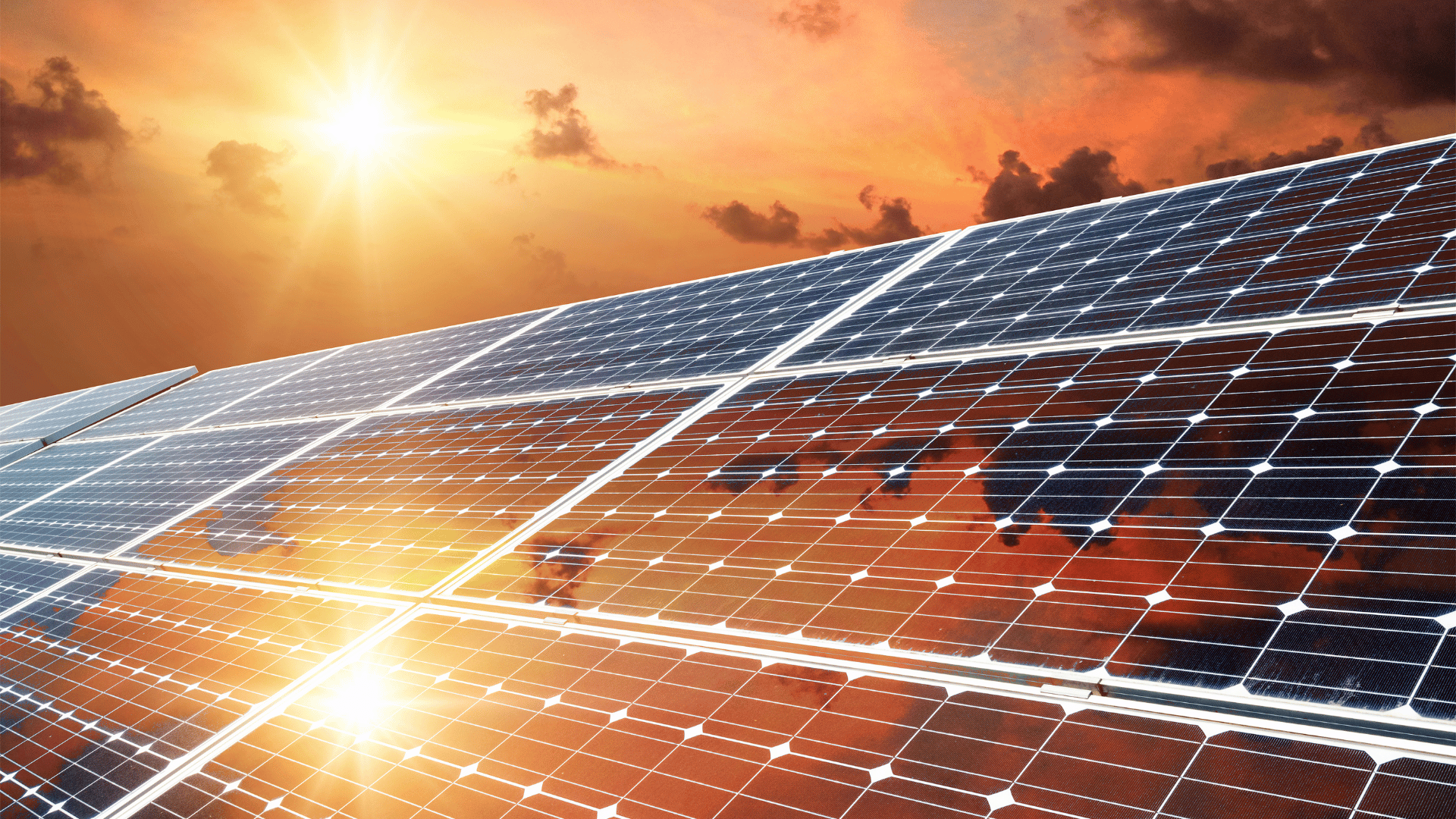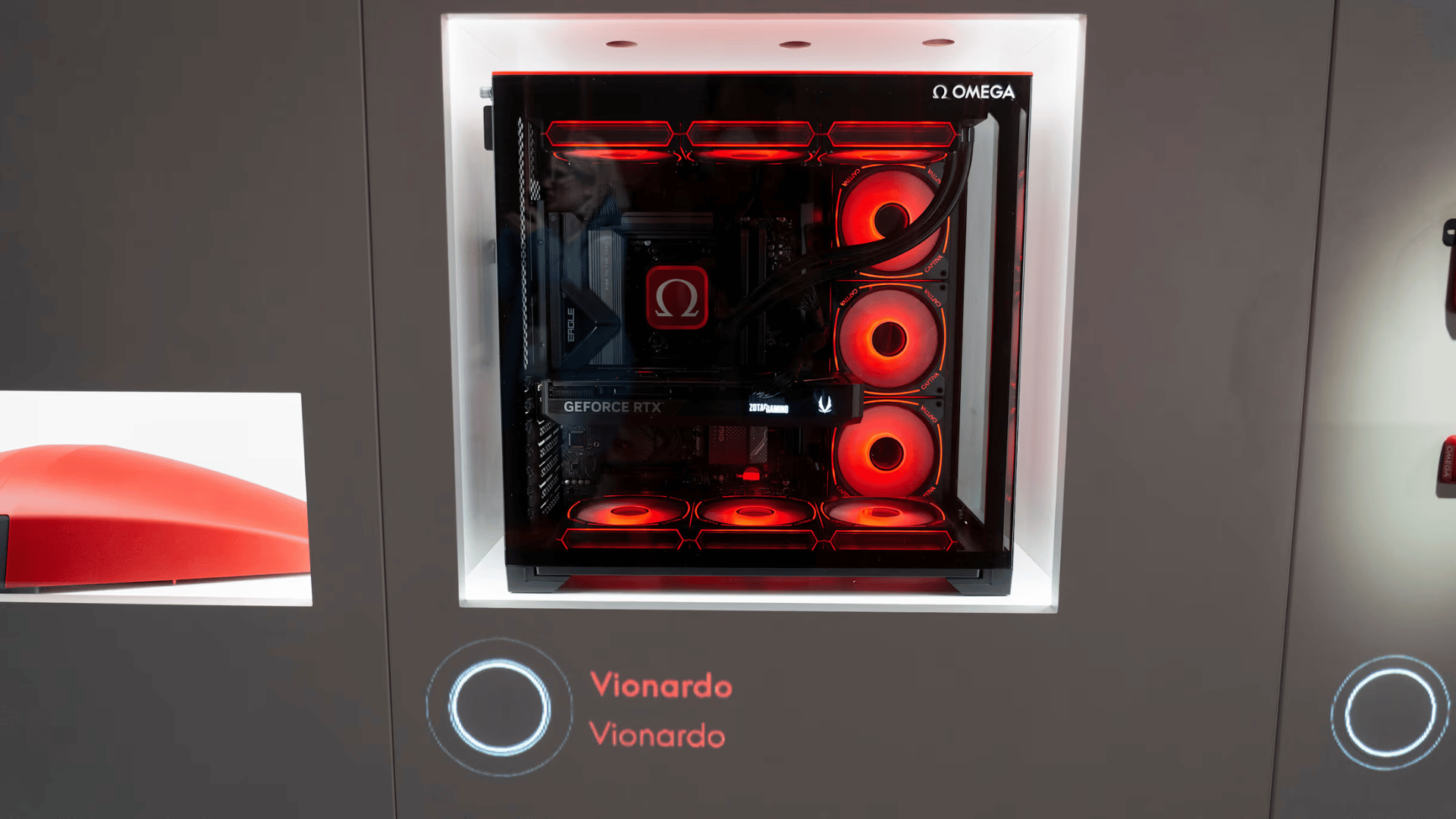Researchers at Loughborough University in England developed a surprising twist on solar technology. The researchers reportedly found that heat, traditionally and ironically viewed as a problem for solar panels, can benefit next-generation solar devices.
Their breakthrough challenges the traditional belief that solar efficiency drops as temperature increases. The researchers published their findings in the Journal of Chemical Physics.
An Unexpected Ally For Solar Energy


The researchers focused on a new technology called photoelectrochemical (PEC) flow cells. They say this new tech combines the electricity generation of a solar panel with the energy storage capacity of a battery. They discovered that the devices became more efficient the more they warmed up.
Advertisement
In addition, researchers noted that the rise in temperature led to faster ion movement and better conductivity within the cell’s electrolyte. As a result, the electrochemical current flow increased.
“Instead of fighting against the sun’s heat, our research shows we can harness it,” said lead author Dr. Dowon Bae, of Loughborough University. “It flips the conventional wisdom on its head and gives us a new way to design solar storage systems that thrive in hot conditions.”
“So, instead of fighting against the heat, engineers can now use it to their advantage, creating more efficient solar energy storage solutions,” Dr. Bae added. “By understanding and harnessing this hidden effect, we can ultimately make integrated solar technology a more viable option for powering our world.”
Bae and his team believe that the new insight could guide the design of future devices that intentionally operate at warmer temperatures. If scientists can achieve this, it would lower costs by reducing the need for expensive cooling systems.
Ultimately, making the systems more affordable could make renewable energy cheaper and more accessible. Furthermore, the technology would be useful in extremely hot climates where standard solar panels have historically struggled.



